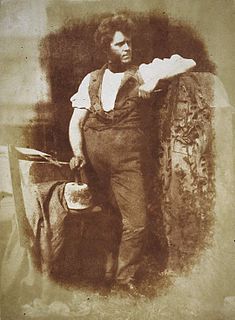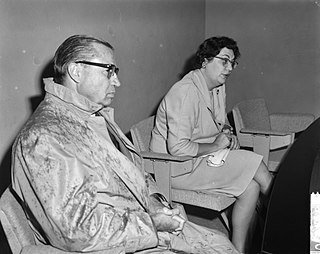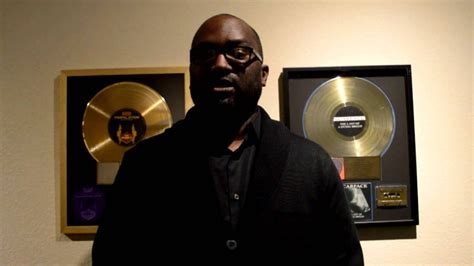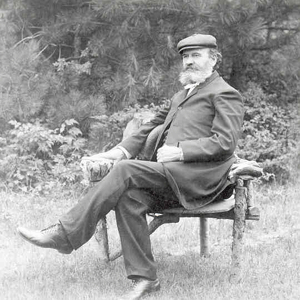A Quote by Hugh Miller
But the advice was not taken - Johnstone did emigrate to Canada, and did mortgage his pension; and I fear - though I failed to trace his after history - that he suffered in consequence.
Related Quotes
Lastly came Winter cloathed all in frize, Chattering his teeth for cold that did him chill; Whilst on his hoary beard his breath did freese, And the dull drops, that from his purpled bill As from a limebeck did adown distill: In his right hand a tipped staffe he held, With which his feeble steps he stayed still; For he was faint with cold, and weak with eld; That scarce his loosed limbes he hable was to weld.
Socrates was the chief saint of the Stoics throughout their history ; his attitude at the time of his trial, his refusal to escape, his calmness in the face of death , and his contention that the perpetrator of injustice injures himself more than his victim, all fitted in perfectly with Stoic teaching. So did his indifference to heat and cold, his plainness in matters of food and dress, and his complete independence of all bodily comforts.
It had ceased raining in the night and he walked out on the road and called for the dog. He called and called. Standing in that inexplicable darkness. Where there was no sound anywhere save only the wind. After a while he sat in the road. He took off his hat and placed it on the tarmac before him and he bowed his head and held his face in his hands and wept. He sat there for a long time and after a while the east did gray and after a while the right and godmade sun did rise, once again, for all and without distinction.
There are those among you who, although young, have already suffered a full measure of grief and sorrow. My heart is filled with compassion and love for you. How dear you are to the Church. How beloved you are of your Heavenly Father. Though it may seem that you are alone, angels attend you. Though you may feel that no one can understand the depth of your despair, our Savior, Jesus Christ, understands. He suffered more than we can possibly imagine, and He did it for us; He did it for you. You are not alone.
What did you do?” I mumble. He is just a few feet away from me now, but not close enough to hear me. As he passes me he stretches out his hand. He wraps it around my palm and squeezes. Squeezes, then lets go. His eyes are bloodshot; he is pale. “What did you do?” This time the question tears from my throat like a growl. I throw myself toward him, struggling against Peter’s grip, though his hands chafe. “What did you do?” I scream. “You die, I die too” Tobias looks over his shoulder at me. “I asked you not to do this. You made your decision. These are the repercussions.
Again, after his fall, God gave him an occasion to repent and to receive mercy but he kept his stiff-neck held high. He came to him and said "Adam, Where are you?" instead of saying "What glory you have left and what dishonor you have arrived at?" After that, He asked him "Why did you sin? Why did you transgress the commandment?" By asking these questions, He wanted to give him the opportunity to say, "Forgive me." However, he did not ask for forgiveness. There was no humility, there was no repentance, but indeed the opposite.
Jacks stood beside her. Instead of saying anything, she felt his fingers trace up her palm and then lace into hers. He had taken her hand before, quickly and for functional reasons—usually to drag her off to someplace she didn’t want to go—but he had never held her hand. Not the way couples did in parks or lovers did in old movies. Maddy stood there and felt the heat of his grip. It made her think of that first night in the diner, when they had talked about pretend memories and she had felt so connected to him.
In pious times, ere priest-craft did begin, Before polygamy was made a sin; When man, on many, multipli'd his kind, Ere one to one was cursedly confin'd: When Nature prompted, and no Law deni'd Promiscuous use of concubine and bride; Then, Israel's monarch, after Heaven's own heart, His vigorous warmth did variously impart To wives and slaves: and, wide as his command, Scatter'd his Maker's image through the land.





































